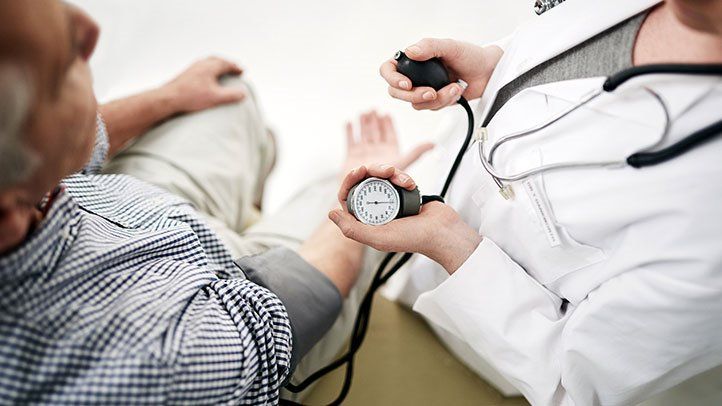When your high blood symptoms are measured, it considers both the volume of blood flowing through your arteries and the amount of resistance the blood encounters as the heart struggles to pump it.
High blood pressure (or hypertension) is a disorder that happens when the force of blood flowing through your arteries is continuously too much daily. This article will go over the basics of hypertension, such as its symptoms, causes, and treatment options.
What is high blood pressure, and how does it affect you?
Narrow blood vessels, also known as arteries, increase blood flow resistance, causing it to slow. The higher your blood pressure and the narrower your arteries, the more excellent the resistance in your arteries. A prolonged rise in blood pressure may lead to various health problems, including cardiovascular disease.
Hypertension affects a large number of people. According to current projections, almost half of all Americans may be diagnosed with this illness due to the 2017 regulatory change.
Hypertension often develops over time, often years. In the vast majority of cases, you will experience no symptoms. Even if you have no symptoms, high blood pressure may harm your blood vessels and organs, including the brain, heart, eyes, and kidneys.
The importance of early detection cannot be overstated. Routine blood pressure measurements are necessary so that you and your doctor can notice any changes in your health. Your doctor may want you to keep an eye on your blood pressure for a few weeks to determine whether it stays excessive or has returned to normal levels.
Hypertension is treated with both prescription medicines and lifestyle adjustments. Without treatment, the illness may develop and lead to serious health issues like a heart attack or stroke.
How to Read and Interpret Blood Pressure Readings
A blood pressure reading is made up of two numbers. The pressure in your arteries while your heart beats and pumps the needed amount of blood is seen in the top picture. Diastolic pressure (the lower value) represents the pressure in your arteries between heartbeats.
What are the signs and symptoms of hypertension?
Hypertension is a disease that is often misdiagnosed. Many people will have no signs or symptoms. It may take years, if not decades, for the illness to develop to the point of presenting symptoms. Even yet, the symptoms might be caused by anything else. Contrary to common belief, high blood pressure is seldom associated with nosebleeds or headaches unless a person is in a hypertensive crisis.
The most accurate approach to determine if you have hypertension is to undergo regular blood pressure monitoring. Blood pressure measures are regularly obtained at most physicians’ offices during each appointment.
Consider discussing your risk of developing hypertension with your doctor, as well as any additional blood pressure measurements that may be required to keep your blood pressure under control.
Depending on your family history of heart disease and your risk factors for acquiring the illness, your doctor may advise you to get your blood pressure tested twice a year. This can help you, and your doctor discover potential problems before they become severe and need additional treatment.

